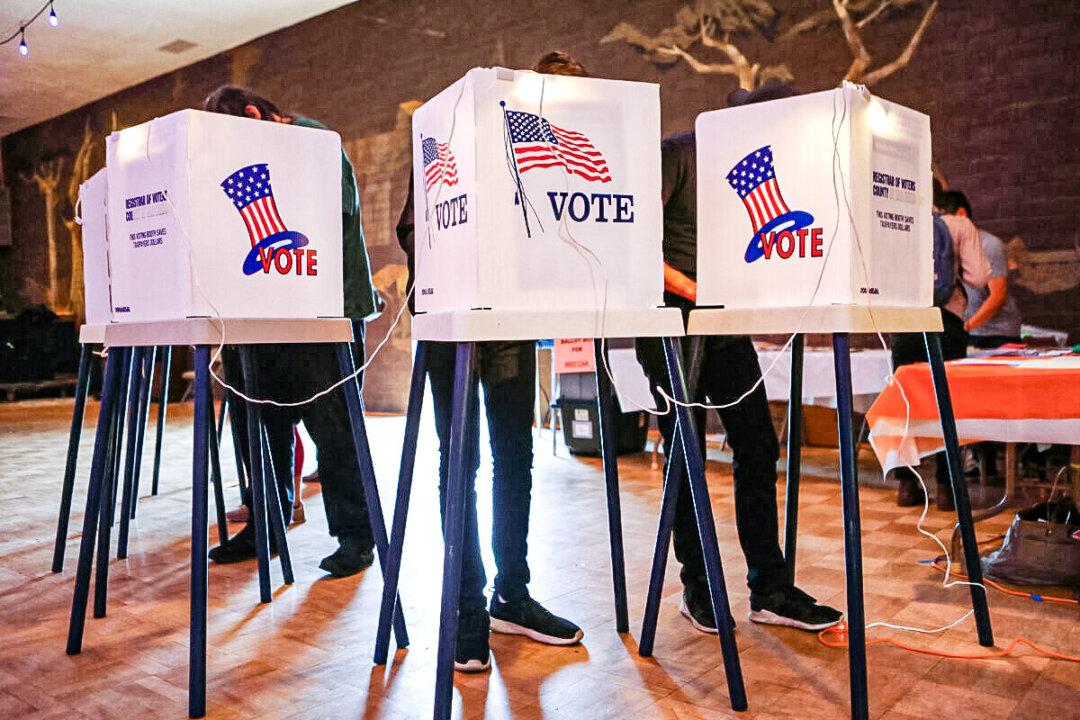Most California voters read their official voter guides when seeking information about how to cast their ballots, a June 18 poll by the University of California, Berkeley, revealed.
The survey, conducted by the university’s Institute of Governmental Studies, allowed respondents to choose as many information sources as they wanted.





